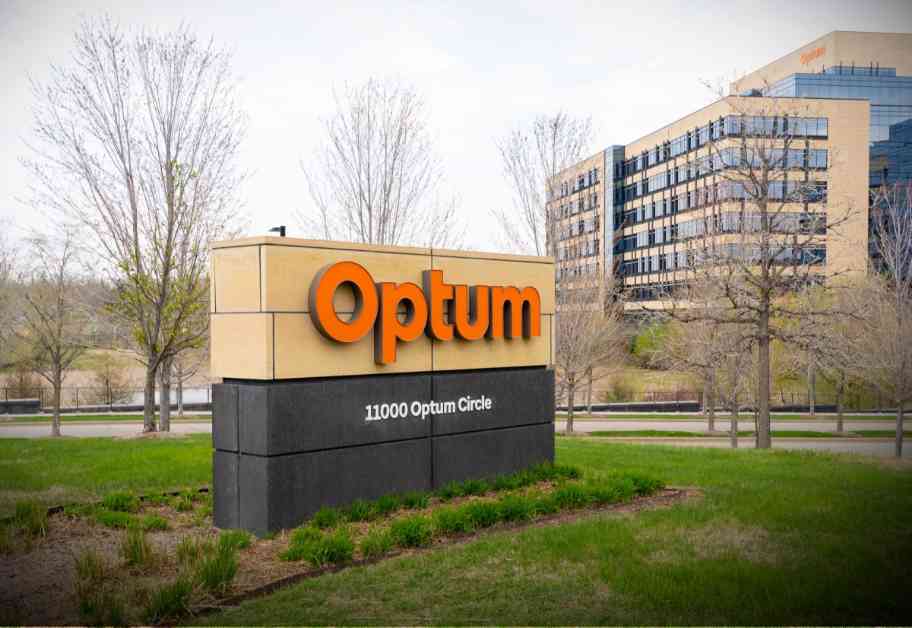UnitedHealthcare’s Optum AI Chatbot Exposed Online: TechCrunch Report
Healthcare giant Optum recently took action to restrict access to an internal AI chatbot utilized by its employees after a security expert uncovered that it was unintentionally accessible online, with no password required. The chatbot, known as the “SOP Chatbot,” was intended for employees to seek guidance on patient health insurance claims and disputes based on the company’s standard operating procedures (SOPs).
Mossab Hussein, chief security officer and co-founder of cybersecurity firm spiderSilk, brought this exposure to light, alerting TechCrunch to the publicly accessible chatbot. Although the tool was hosted on an internal Optum domain and not directly reachable via its web address, its IP address was public and accessible online, allowing anyone to interact with it.
The chatbot, developed as a demo tool for testing, was never put into full production and was subsequently rendered inaccessible from the internet right after TechCrunch contacted Optum for clarification. Optum’s spokesperson, Andrew Krejci, explained that the chatbot was created to analyze a small sample set of SOP documents and was never designed to handle sensitive personal or protected health information.
AI Chatbot Functionality and Usage
The AI chatbot, like many others, was programmed to respond based on the data it was trained on, consisting of internal Optum documents detailing SOPs for processing specific claims. Despite being unable to access these documents directly without an employee login, the chatbot referenced them when responding to inquiries from Optum employees.
According to statistics from the chatbot’s main dashboard, Optum employees had utilized the SOP Chatbot hundreds of times since September, with conversations ranging from claim determinations to policy renewal inquiries. Employees also attempted to engage the chatbot in unconventional ways, such as asking for jokes or attempting to “jailbreak” it to produce unrelated responses.
Unintended Exposure and Company Response
While the chatbot’s inadvertent exposure did not involve any misuse of protected health information, it occurred amidst broader concerns surrounding UnitedHealthcare’s utilization of AI tools to influence medical decisions and claim denials. UnitedHealthcare, as the parent company of Optum, is facing scrutiny and legal action for allegedly denying critical healthcare coverage to patients through AI-driven processes.
In light of these developments, Optum clarified that the SOP Chatbot was never intended for full-scale deployment and assured that it did not make any decisions but merely facilitated access to existing SOPs. Despite this, the incident underscores the importance of maintaining robust security measures when developing and deploying AI-driven solutions within the healthcare industry.
As the healthcare landscape continues to evolve with the integration of advanced technologies, ensuring the confidentiality and integrity of patient data remains a top priority for companies like Optum and UnitedHealthcare. The exposure of the SOP Chatbot serves as a reminder of the challenges associated with harnessing AI in healthcare settings and the need for stringent safeguards to prevent unintended data breaches.
Always remember, even the most advanced technologies can have vulnerabilities that may inadvertently expose sensitive information, highlighting the critical importance of continuously evaluating and enhancing cybersecurity measures to protect patient privacy and uphold the trust placed in healthcare organizations.











